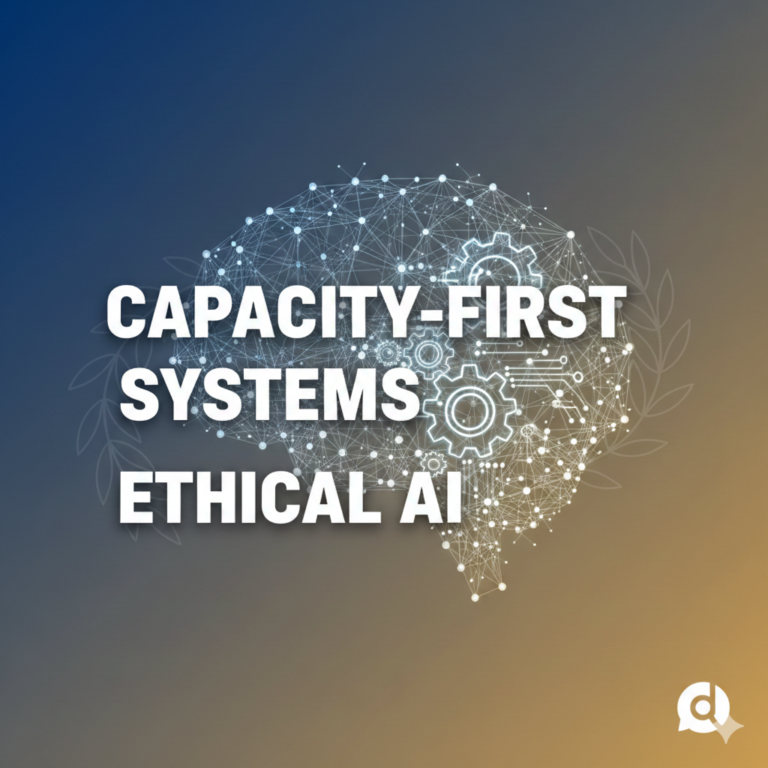It may seem ironic that SEO terms can be considered in any shape or fashion as an endearment. I know, I know, SEO people tend towards geek speak and it doesn't sound pretty. Well maybe pretty confusing, but not much else. So, to demystify some of the techy terms for you, here's a list of the Top 10 that you'll probably hear at one time or another, with a brief explanation of what it all means.
So without further ado, let's continue my movie themed-SEO series and explore …
Now in order to accomplish this feat, SEO professionals work to optimize some strategic positions, something I like to call …
The Top 10 On Page SEO Endearment
- Title Tag: The title tag is the most important tag in all of your SEO efforts. It’s what Google places the most weight on when they’re trying to determine what your site is about.
- Meta Description: Your meta description tag doesn’t actually help you rank higher. Instead, what it does is tell Google what to display beneath your search listing. This can help you get a lot more clicks from Google by writing the “right thing” to hook your audience in is one of the tasks of an SEO professional.
- Meta Keywords: Your meta keywords tags tell Google what keywords you think your site is relevant for. It doesn’t bear much weight as far as helping you rank goes, but it can really help Google figure out what your site is about. It takes just a minute to do them and is good SEO practice in general.
- URL Structure: Generally, you want your URL to contain your keyword as much as possible. You never want to use just your post ID or the date as your URL. You should also avoid cryptic URLs that contain data that no human being can read.
- Image ALT Tags: Optimizing your alt tags plays a much larger part on SEO than a lot of people think. It won’t single handedly help you rank, but it is an important factor for your on page SEO.
- Noindex Non-Content Pages: You should noindex your non-content pages. Your affiliate pages, your category pages, your archives and so on should all be noindexed. This is particularly true if those pages contain duplicate content. On most blogs, category and archive pages are mostly duplicate content so you definitely want to noindex those pages.
- Internal Linking: Internal linking is one of the most crucial factors you could pay attention to for your SEO. Make sure you have links going from all your content pages to other pages on your site. Embed these links within your actual content, or within links on the site or bottom of the article.
- Have a Robots.txt: A robots.txt just tells search engines where to go and where not to go. This is a good way to disallow search engine spiders from going where they’re not supposed to.
- Low Ad to Content Ratio: One factor that’s become more prominent since the Google Panda and Panda 2.0 updates is the ad to content ratio on your website. As the name suggests, the idea is to avoid stuffing your site with ads.
- Regular, Fresh, High Quality Content. Finally, it all comes down to content and content quality. Google is looking to promote websites with high quality content. Produce fresh content as often as possible. The more fresh content you have, the higher your chances of ranking.
On Page SEO Wrap-Up
These are the most important on page factors to pay attention to in search engine optimization. Get your on page optimization right before you try and topple your competition. I remember, each and every page of your website needs to optimized using the factors above.
And now that you know the basics (well, at least with On Page Optimization — there's loads more to do before your site is really a contender) you'll be more comfortable speaking with an SEO specialist. If you have any questions, please feel free to leave a comment or schedule some time to chat with me.




